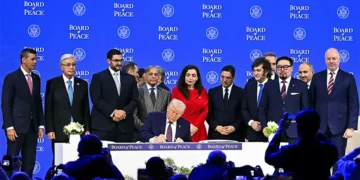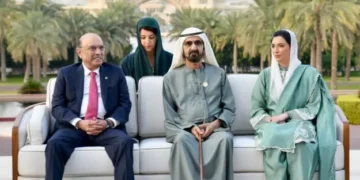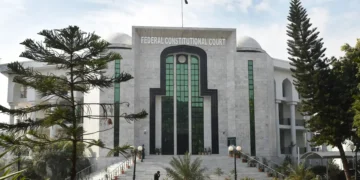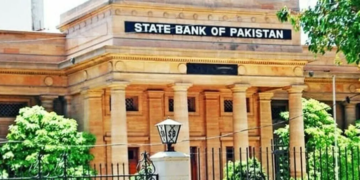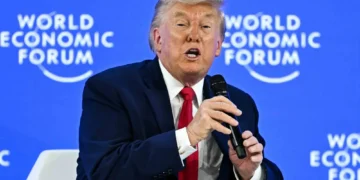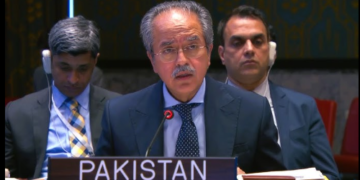ISLAMABAD (MNN); The International Monetary Fund’s Governance and Corruption Diagnostic Assessment on Pakistan has warned that entrenched graft, weak institutions and long-standing structural flaws continue to obstruct the country’s economic progress, even as recent stabilisation measures under the Extended Fund Facility have begun to restore confidence.
The IMF has made the public release of the assessment a prior condition for the Fund’s Executive Board to approve a 1.2 billion dollar disbursement next month under the ongoing 7 billion dollar programme.
The diagnostic was requested by the government and initiated in January 2025. A joint IMF–World Bank team worked for eight months, including two field missions, to identify governance gaps, corruption vulnerabilities and priority reforms.
Focusing on federal-level fiscal governance, market regulation, financial sector oversight, AML/CFT compliance and the rule of law, the assessment highlights weaknesses in the management of public funds, procurement, tax policy, oversight of state-owned entities and the judicial system.
It also reviews Pakistan’s anti-corruption framework and whether existing strategies match the actual risks.
The Fund notes that while the EFF has helped stabilise the economy – with a 2.0 percent primary surplus in the first half of FY25, inflation dropping to 0.3 percent in April, and foreign exchange reserves rising to 10.3 billion dollars – structural problems remain deeply embedded.
These include underinvestment in human and physical capital, market distortions, a large state footprint and recurrent macroeconomic pressures.
The assessment cautions that corruption continues to harm economic development, with citizens often compelled to make repeated payments for basic services and elite groups influencing key policy decisions.
It cites the sugar export decision under the PTI government as an example of how political and economic elites can capture benefits at the expense of national interest.
The report points to significant governance issues in budgeting, fiscal transparency, procurement and SOE oversight. It describes Pakistan’s tax system as excessively complex and vulnerable to corruption, with declining tax-to-GDP ratios reflecting structural weaknesses.
Regulatory bodies are said to issue overlapping rules, contributing to high compliance costs and perceptions of regulatory capture.
In the judicial sector, outdated laws, case backlogs and concerns over integrity and independence hinder enforcement of contracts and protection of property rights.
Fragmentation among accountability bodies and limitations in their autonomy further worsen corruption risks. While Pakistan’s AML/CFT reforms helped secure removal from the FATF grey list, punishment for money laundering has been slow.
Recommending a 15-point priority reform plan, the IMF calls for abolishing special privileges in public contracts, shifting all procurement to e-governance within a year, tightening parliamentary oversight of financial powers and improving transparency in policy-making.
It underscores the need for stronger anti-corruption institutions and more consistent enforcement, including better application of AML/CFT tools.
The Fund’s analysis suggests Pakistan could achieve a 5 to 6.5 percent increase in GDP over five years if governance reforms aligned with the GCDA are implemented.
It says Pakistan has already demonstrated capacity for complex reforms, citing central bank independence, regulatory rollback and NADRA’s digital ID systems.
The proposed measures are intended to reinforce the government’s ongoing reform agenda and support sustainable, private sector–led growth.







